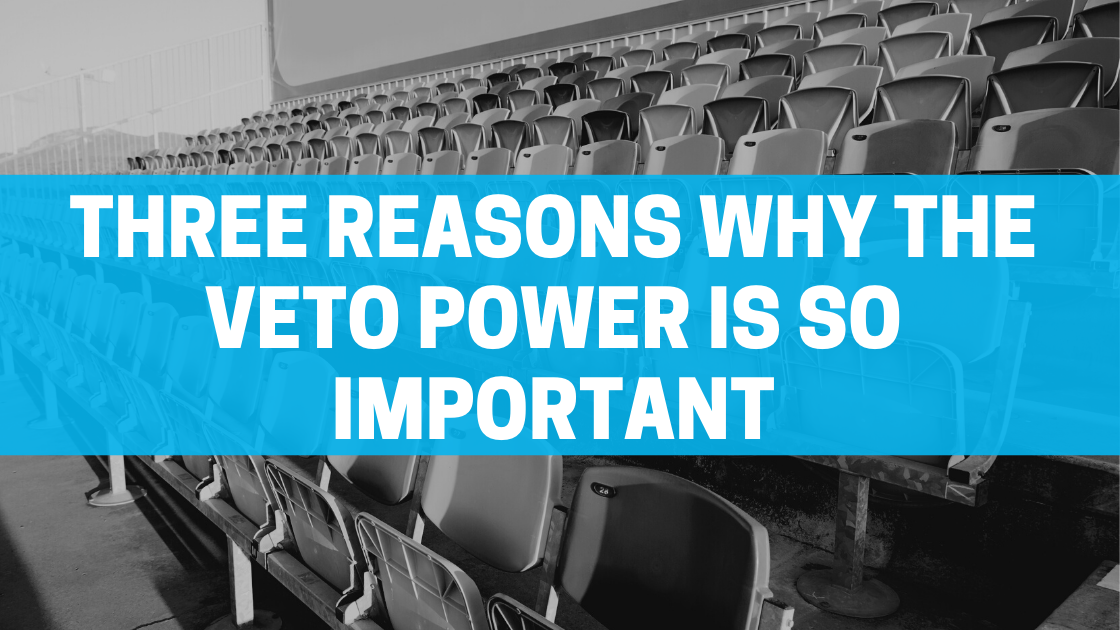Three Reasons Why the Veto Power is So Important | who won power of veto on big brother tonight
The veto power is a powerful legal tool in the hands of the President. This right enables the President to block official action, especially legislation, by a simple majority. The veto is a useful way for the President to stop a bill before it becomes law. This is a powerful tool in stopping an important bill from becoming law. But it also has its limits. Here are three reasons why it’s so important.
The Power to VETO
The Veto Power is one of the most controversial issues in international law. It is one of the most fundamental distinctions between permanent and non-permanent members of the United Nations, The UN Charter requires all permanent members to concur in any action, so the President must sign a document that states his veto power. This is called a veto message. The document also serves as a record of the President’s veto.
Several countries have supported voluntary veto restraint. Since the mid-1900s, France has advocated a voluntary veto restraint policy. At the 69th session of the General Assembly, France and US ambassador Zeid Ra’ad Al Hussein endorsed a ministerial-level event on the issue. The event’s co-chairs called on the P5 to pledge not to exercise their veto in cases of genocide, crimes against humanity, or large-scale crimes. However, only the United States and the UK have signed this pledge.
VETO Power of President
The veto power is a vital part of the UNSC. It is a vital feature of the UN system.
The veto power is the President’s right to veto any measure passed by the Senate.
Having a veto on a bill would effectively prevent it from becoming law.
The President’s right to veto a bill is also a crucial component of the separation of powers.
The veto power has many benefits. It gives a president the ability to veto any bill passed by the legislature. It is a great example of government transparency in action. Unlike other forms of government, a veto does not affect an individual’s finances. A veto can prevent a law from becoming law. Besides, a veto can prevent the implementation of a proposed law.
नाटो क्या है? What is Nato?
The veto power is a powerful tool for the President of a nation. The veto can veto a draft resolution. The majority of the permanent member states in the Security Council can use their veto to prevent a certain act from becoming law. In the United States, the veto power is used by only two members of the UNSC. The Security Council’s permanent members only use the veto power.
The veto power is a crucial tool for any leader of a country. A veto can stop a plan from being implemented. It is an effective tool to prevent wars. The UN’s veto power is used to prevent aggression. It is a major limitation to international relations. But vetos have many advantages. The power can deter foreign countries from using the veto. But it’s not always a good idea to veto a bill.
Veto Power Definition | Who won power of veto on big brother tonight?
The veto power is also a powerful legal tool. The power to veto legislation is given to the
five permanent members of the Security Council. These governments can veto any piece
of legislation that they feel is unconstitutional. A veto can also halt a peace process,
which is why it’s important to protect the veto power. A veto can be a powerful tool when it’s used properly.
The veto power can also be used to stop a peace process. In the United Nations,
a veto can also be used to prevent a nuclear weapon. The veto can also be used to
prevent war. Historically, veto power has been used to veto action by the head of
state. Today, it is an essential tool to protect the sovereignty of a nation.
It can help protect a country from foreign adversaries.
Vetoes are an important constitutional power, allowing the President to prevent
enacting a law. Its use has helped keep the United States from being overrun by terrorists.
Moreover, vetoes have been used to protect the rights of individuals. The USSR, which
has a large military presence in Afghanistan, uses its veto power to prevent conflict.
The USSR has a long-standing history of vetoing laws.





